Transforming Vaccination Globally & Regionally: In Action
Actions Identified throughout the regions presenting their experiences during Series 3
Europe

Regional needs and priorities identified to transform vaccination
- Using lessons learned from countries that achieved a transformation of their pharmacy services can help to drive forward change also in other regions
- Fostering (undergraduate) education on vacation across the entire European region
- Supporting the entire European region in the adoption of new vaccination models
Challenges experienced in transforming vaccination for pharmacists.
- Turning pilot programmes into nationally applied vaccination services
- Regulatory obstacles that hamper policy change at national level (example of Belgium)
- Receiving the support needed to drive forward changes at national level
Lessons learnt whilst transforming vaccination for pharmacists
- Pilot projects are a great opportunity to showcase the added value of involving pharmacists in the provision of vaccination services
- Expanding vaccination services can improve uptake (example – increase in flu vaccine delivery)
Key vaccination-related legislative enablers and barriers emerging in the region
- Legislative changes are very much dependant on national factors, however linking success stories from other countries to the national context can help with brining about change.
- Patience and persistence are important since legislative change may take some time to be implemented.
- Changes in government could both be a barrier and an enabler.
South East Asian Region
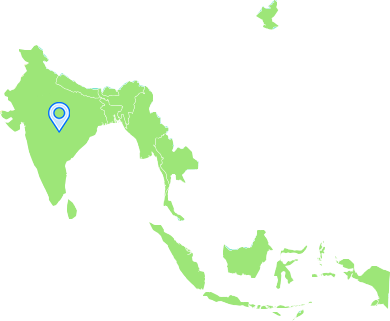
Regional needs and priorities identified to transform vaccination
- Pharmacovigilance of vaccines in monitoring and management.
- Advocacy to the government from national and international organizations
Challenges experienced in transforming vaccination for pharmacists.
- Procurement through medical supply division,
- Need of central and regional storage for proper drug storage,
- Supply to end-user by medical officer of health, Hospital clinics, and Hospital wards in Patient care.
Lessons learnt whilst transforming vaccination for pharmacists
- Gearing up for Covax-19, Dissemination of Covax news with adaptable guidance, tools, trainings, and advocacy materials.
Key vaccination-related legislative enablers and barriers emerging in the region
- Importation of vaccine should be monitored by legislative authority in a transparent way.
Eastern Mediterranean Region
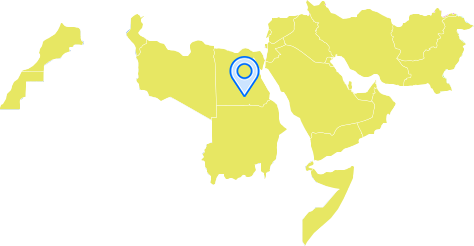
Regional needs and priorities identified to transform vaccination
- Ensure undergraduate course includes vaccination training.
- Provide post-graduate training for vaccination
- Development of guidelines & framework for vaccine delivery (ie setting in pharmacy, re-accreditation, logistics, cold chain)
- Lobbying of decision makers is a critical activity, and should be accompanied with development of training, guidelines, and framework of vaccine delivery, to ensure that decision makers can see the evidence of pharmacists being qualified to deliver vaccination.
- International organizations – such as WHO, UNICEF, FIP – provide significant support to the lobbying role of local organizations.
Challenges experienced in transforming vaccination for pharmacists.
- Attitudinal barriers from other healthcare workers who currently provide vaccinations, especially where financial factors play a role
Lessons learnt whilst transforming vaccination for pharmacists
- The development of pharmacist capacity should be developed prior to or during the lobbying process, so that pharmacist capacity to vaccinate exists or is being developed at the time that legislation or regulation empowers them to act.
Key vaccination-related legislative enablers and barriers emerging in the region
- The primary legislation enablers are those that recognized pharmacists as vaccinators under the law.
- Other legislative factors include laws that control the distribution and funding of vaccines, ensuring these do not prevent pharmacists from participating.
Western Pacific Region
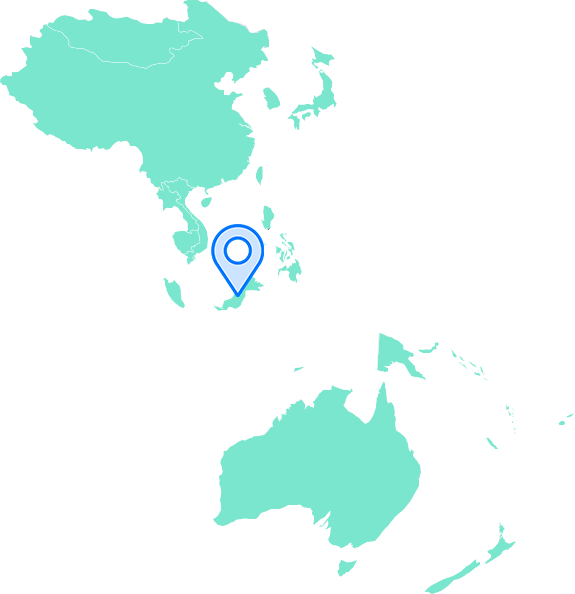
Regional needs and priorities identified to transform vaccination
- While most impediments are common across different countries (training, public perception, medical profession push-back) and potential solutions are also largely universal in nature, legislation is local (at least national and perhaps state based) and consequently processes to address legislative barriers vary country to country.
- The need for countries to roll out COVID-19 vaccination quickly (when it is available) will place a significant demand on existing credentialled vaccinators. This will put at risk usual vaccination programs and can be used as argument for pharmacist to be credentialled as vaccinators to back-fill gaps and maintain the common programs, even if they are not engaged in C19 vaccination.
- Do well what we should already be doing so that we have credibility when seeking to do new things: Strengthening pharmacists’ roles in maintaining cold-chain distribution and as a source of common vaccines plus our role in public promotion of vaccination need to be strengthened to establish a sound base for arguing for pharmacist administration of vaccines.
- Maintain comprehensive vaccination records including entry into electronic universal health records where applicable.
- Monitor and report both adverse events and measures of pharmacists’ performance.
Challenges experienced in transforming vaccination for pharmacists.
- Resistance from other healthcare professions.
- Lack of access to funding for vaccination which is available to other health professions.
- Lack of space in pharmacies.
- Public perceptions and expectations regarding pharmacist services.
Lessons learnt whilst transforming vaccination for pharmacists
- In-principle support from senior representatives of Departments of Health, regulators and legislators needs to be translated into tangible steps to change regulations.
- To achieve these steps, it is necessary to counter resistance from other healthcare professions
Key vaccination-related legislative enablers and barriers emerging in the region
- Administration of vaccines by pharmacists may be unregulated – neither allowed nor prohibited by legislation, leaving a ‘grey area’.
- Legislative approval to access ‘prescription’ vaccines is necessary for trained pharmacist vaccinators to independently administer vaccines.
Africa
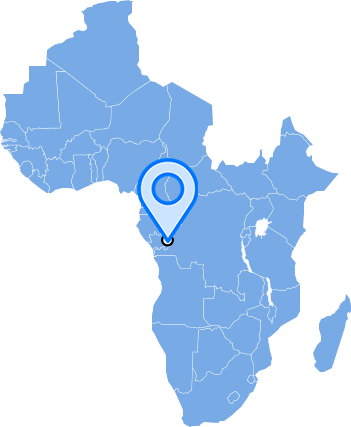
Regional needs and priorities identified to transform vaccination
Advocacy:
- Advocate regulatory stakeholders and politicians on the asset which pharmacists represent to increase the vaccination coverage and on the absence of regulation for pharmacists to do so.
- Advocate the other healthcare professionals to raise awareness and establish a trustful collaboration
- Advocate the pharmacists to encourage them and provide support through professional associations, learned societies and others..
Education:
- Organize practical hands on workshops on vaccination (learned societies, pharmacy schools/ university, FIP or other international organisations…)
- Vaccination training should be integrated to pre graduate pharmacy curriculum in the future
Finances:
- The vaccination training must be budgeted
- Means need to be provided to ensure vaccines adequate storage
- The vaccination act must be financially compensated
Challenges experienced in transforming vaccination for pharmacists.
Challenge with the other healthcare professionals:
- Vaccination may be seen as within the purview of other healthcare professionals: perception of attempts to take over by pharmacists
Challenge with pharmacists:
- Reluctance among some pharmacists
- Difficulties and acquiring new skills or reviving old ones
- Added responsibility for immunization
- Backfiring from possible ADRs
- Misunderstanding of legal provisions
Logistic challenge:
- Respect of cold chain is a challenge in the African region
Financial Challenges:
- Vaccination training not budgeted for by pharmacies
- Vaccination act to be compensated
Lessons learnt whilst transforming vaccination for pharmacists
Education is a key factor
Key vaccination-related legislative enablers and barriers emerging in the region
- Sensitization of politicians and regulatory stakeholders.
- Partnership with health authorities
- Endorsement from supra national organisations (APF, FIP, WHO, WHOAfro…) for support in the process
Americas
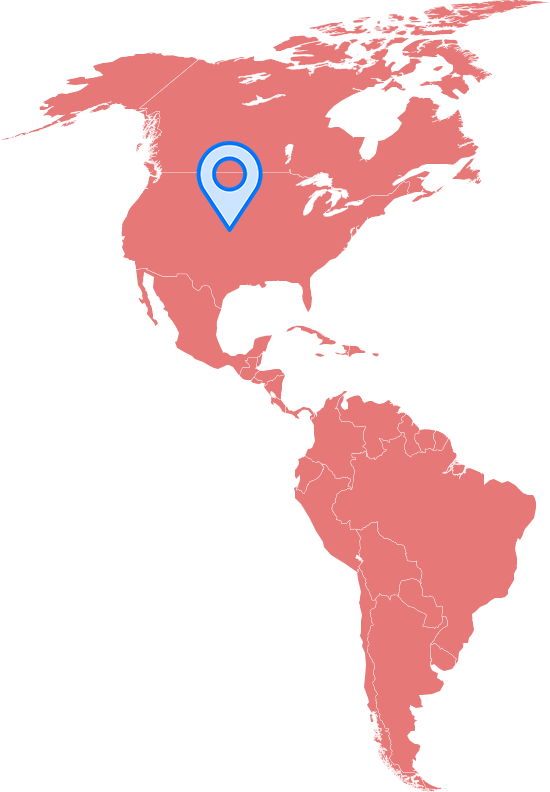
Regional needs and priorities identified to transform vaccination
- COVID-19 altered regular/national vaccination plans because of budget restrictions and/or other priorities. There are needs to fulfil the gap that has been generated.
- In some cases, vaccination rates are needed to be improved.
- Pharmacists wish to participate of immunization programs in community pharmacist in several countries.
- Each country has a different context and perspective.
Challenges experienced in transforming vaccination for pharmacists.
- Pharmacists need to be trained.
- Pre-graduate and postgraduate changes in education should be introduced to generate the pharmacist competence to deliver immunization services.
- National regulation should be changed in order to recognise the possibility of delivering immunization services at the community pharmacy.
Lessons learnt whilst transforming vaccination for pharmacists
- It still exists an important percentage of the population in the Americas who has not suitable information about immunization programs and their advantages.
- Immunization vs COVID-19 offers a great opportunity to change actual situation.
- Immunization vs COVID-19 will be available with no cost to specific groups (health staff, older than 65 y, etc).
Key vaccination-related legislative enablers and barriers emerging in the region
- The Ministry of Health is identified as the main enabler.
- To have community pharmacies integrated into the national health system, with a health role clearly defined.
- The Dean of the Pharmacy School, or a qualified person on his/her representation, (or the organization of pharmacies schools) should be part of the national committee where immunization services need to be introduced.
